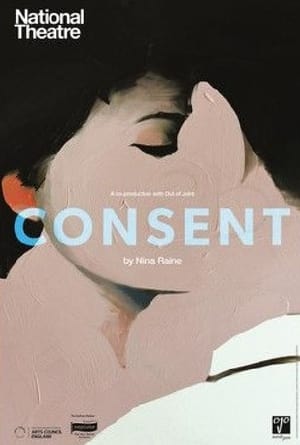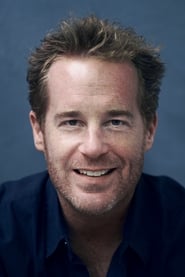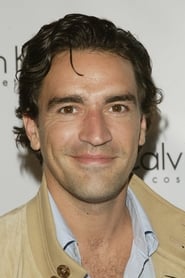
National Theatre Live: Consent(2017)
Why is Justice blind? Is she impartial? Or is she blinkered?
Why is Justice blind? Is she impartial? Or is she blinkered? Friends take opposing briefs in a rape case. The key witness is a woman whose life seems a world away from theirs. At home, their own lives begin to unravel as every version of the truth is challenged. Nina Raine’s powerful, painful, funny play sifts the evidence from every side and puts justice herself in the dock. Consent received its world premiere in a co-production with Out of Joint at the National Theatre in April 2017. This archive recording was captured on 9th May, 2017.

Movie: National Theatre Live: Consent
Video Trailer National Theatre Live: Consent
Similar Movies
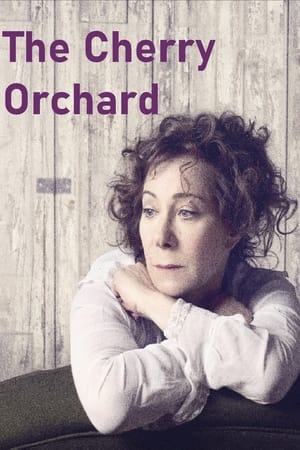 10.0
10.0National Theatre Live: The Cherry Orchard(en)
Madame Ranevskaya is a spoiled, aging aristocratic lady who returns from a trip to Paris to face the loss of her magnificent Cherry Orchard estate after a default on the mortgage. In denial, she continues living in the past, deluding herself and her family, while the beautiful cherry trees are being axed down by the re-possessor Lopakhin, her former serf, who has his own agenda.
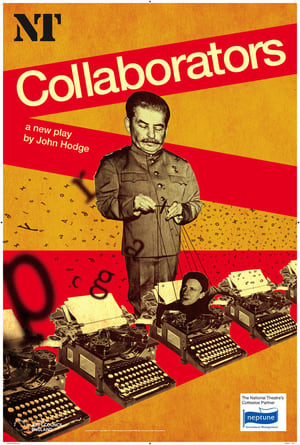 0.0
0.0National Theatre Live: Collaborators(en)
John Hodge's Collaborators centers on an imaginary encounter between Joseph Stalin and the playwright Mikhail Bulgakov.
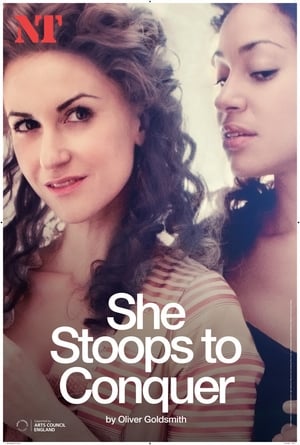 0.0
0.0National Theatre Live: She Stoops to Conquer(en)
Hardcastle, a man of substance, looks forward yo acquainting his daughter with his old pal's son with a view to marriage. But thanks to playboy Lumpkin, he's mistaken by his prospective son-in-law Marlow for an innkeeper, his daughter for the local barmaid. The good news is, while Marlow can barely speak to a woman of quality he's a charmer with those of a different stamp. And so, as Hardcastle's indignation intensifies, Miss Hardcastle's appreciation for her misguided suitor soars. Misdemeanours multiply, love blossoms, mayhem ensues. One of the great, generous-hearted and ingenious comedies of the English language, Goldsmith's She Stoops to Conquer offers a celebration of chaos, courtship and the dysfunctional family.
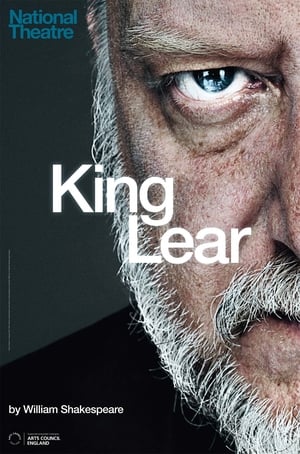 7.1
7.1National Theatre Live: King Lear(en)
An aged king decides to divide his kingdom between his three daughters, according to which of them is most eloquent in praising him. His favourite, Cordelia, says nothing. Simon Russell Beale, whose recent appearances at the National include Timon of Athens and Collaborators, takes the title role in Shakespeare’s tragedy.
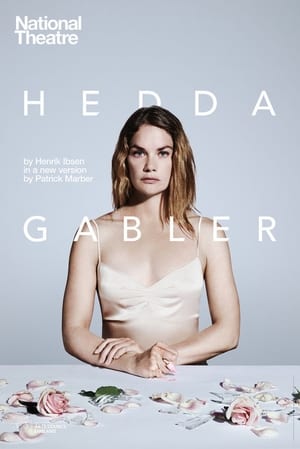 8.5
8.5National Theatre Live: Hedda Gabler(en)
Hedda and Tesman have just returned from their honeymoon and the relationship is already in trouble. Trapped but determined, Hedda tries to control those around her, only to see her own world unravel.
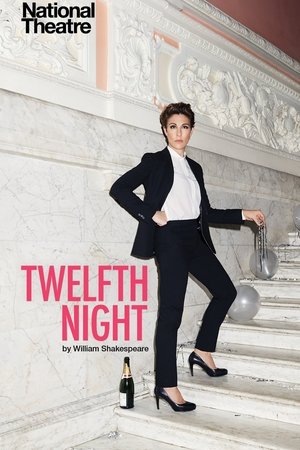 8.7
8.7National Theatre Live: Twelfth Night(en)
A ship is wrecked on the rocks. Viola is washed ashore but her twin brother Sebastian is lost. Determined to survive on her own, she steps out to explore a new land. So begins a whirlwind of mistaken identity and unrequited love. The nearby households of Olivia and Orsino are overrun with passion. Even Olivia's upright housekeeper Malvolia is swept up in the madness. Where music is the food of love, and nobody is quite what they seem, anything proves possible.
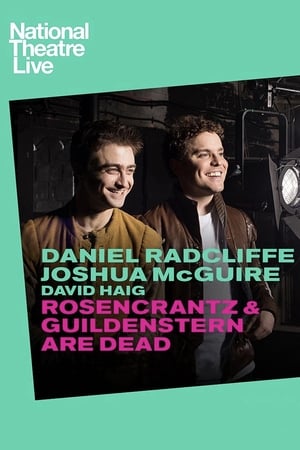 6.1
6.1National Theatre Live: Rosencrantz & Guildenstern Are Dead(en)
Against the backdrop of Hamlet, two hapless minor characters, Rosencrantz and Guildenstern, take centre stage. As the young double act stumble their way in and out of the action of Shakespeare’s iconic drama, they become increasingly out of their depth as their version of the story unfolds.
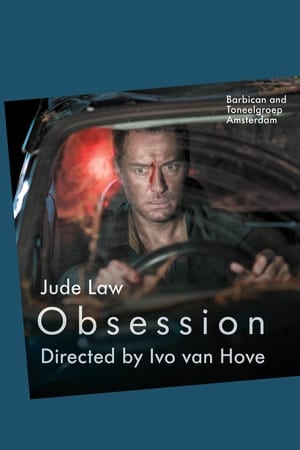 6.6
6.6National Theatre Live: Obsession(en)
Gino is a drifter, down-at-heel and magnetically handsome. At a road side restaurant he encounters husband and wife, Joseph and Hanna. Irresistibly attracted to each other, Gino and Hanna begin a fiery affair and plot to murder her husband. But, in this chilling tale of passion and destruction, the crime only serves to tear them apart.
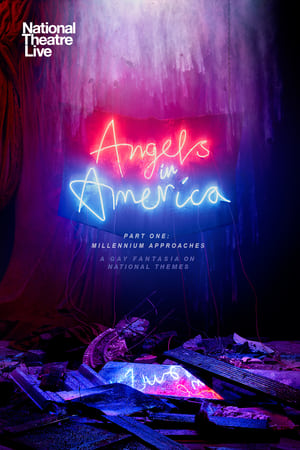 8.6
8.6National Theatre Live: Angels In America — Part One: Millennium Approaches(en)
The National Theatre's live theatrical production of Tony Kushner's two-part play 'Angels In America' about New Yorkers grappling with the AIDS crisis during the mid-1980s.
 8.6
8.6National Theatre Live: Angels In America — Part Two: Perestroika(en)
America in the mid-1980s. In the midst of the AIDS crisis and a conservative Reagan administration, New Yorkers grapple with life and death, love and sex, heaven and hell. This new staging of Tony Kushner's multi-award winning two-part play, Angels In America: A Gay Fantasia On National Themes, is directed by Olivier and Tony award winning director Marianne Elliott.
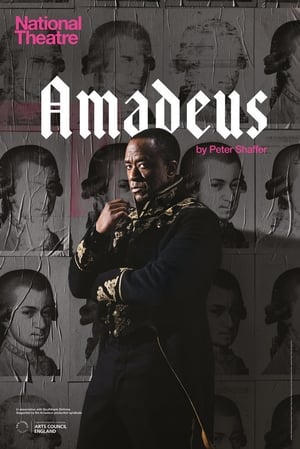 7.4
7.4National Theatre Live: Amadeus(en)
Wolfgang Amadeus Mozart, a rowdy young prodigy, arrives in Vienna, the music capital of the world – and he’s determined to make a splash. Awestruck by his genius, court composer Antonio Salieri has the power to promote his talent or destroy his name. Seized by obsessive jealousy he begins a war with Mozart, with music, and ultimately, with God.
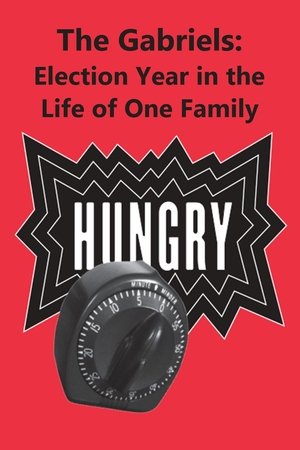 0.0
0.0The Gabriels: Election Year in the Life of One Family, Play One: Hungry(en)
Hungry is the first in a three-play cycle introducing us to the Gabriels of Rhinebeck, New York. These three plays unfold in real time and track the lives of the Gabriels throughout the coming presidential election year. To the rhythm of peeling, chopping and mixing, Hungry places us in the center of the Gabriel’s kitchen. The family discusses their lives and disappointments, and the world at large and nearby. As they struggle against the fear of being left behind, the family attempts to find resilience in the face of loss.
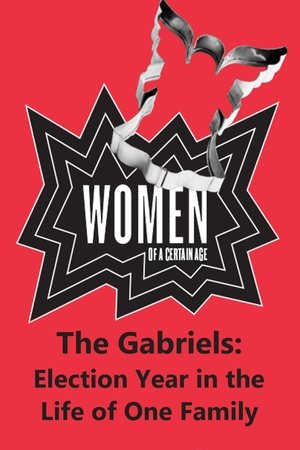 0.0
0.0The Gabriels: Election Year in the Life of One Family, Play Three: Women of a Certain Age(en)
Eight months after we first meet the Gabriels, Patricia, the family matriarch, joins her children and daughters-in-law as they prepare a meal from the past and consider the future of their country, town and home. Paying tribute to the difficult year behind them, the Gabriels compare notes on the search for empathy and authenticity at a time when the game seems rigged and the rules are forever changing.
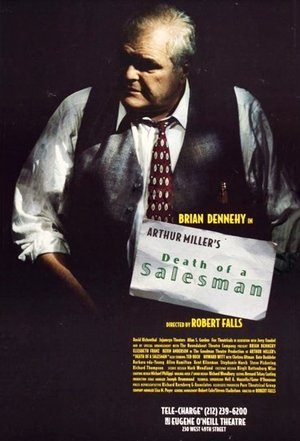 8.5
8.5Death of a Salesman(en)
Willy Loman is an over-the-hill salesman who faces a personal turning point when he loses his job and attempts to make peace with his family: Willy's long-suffering wife Linda, and Biff and Happy, his troubled sons and his life.
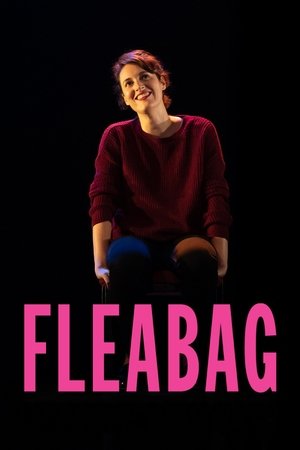 7.7
7.7National Theatre Live: Fleabag(en)
Fleabag may seem oversexed, emotionally unfiltered and self-obsessed, but that's just the tip of the iceberg. With family and friendships under strain and a guinea pig café struggling to keep afloat, Fleabag suddenly finds herself with nothing to lose.
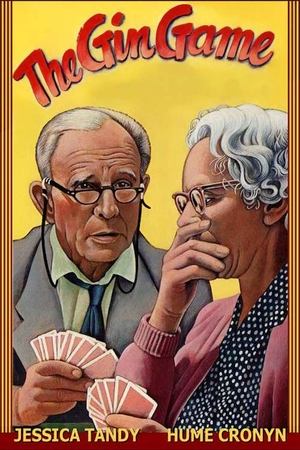 8.0
8.0The Gin Game(en)
Weller Martin and Fonsia Dorsey, two elderly residents at a nursing home for senior citizens, strike up an acquaintance. Neither seems to have any other friends, and they start to enjoy each other's company. Weller offers to teach Fonsia how to play gin rummy, and they begin playing a series of games that Fonsia always wins. Weller's inability to win a single hand becomes increasingly frustrating to him, while Fonsia becomes increasingly confident. While playing their games of gin, they engage in lengthy conversations about their families and their lives in the outside world. Gradually, each conversation becomes a battle, much like the ongoing gin games, as each player tries to expose the other's weaknesses, to belittle the other's life, and to humiliate the other thoroughly.
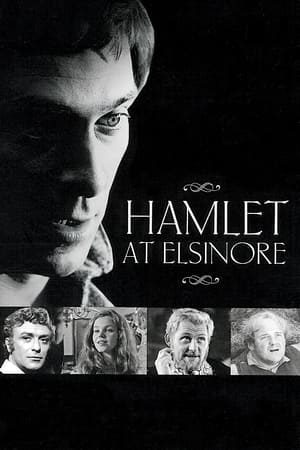 7.8
7.8Hamlet at Elsinore(en)
The ghost of the King of Denmark tells his son Hamlet to avenge his murder by killing the new king, Hamlet's uncle. Hamlet feigns madness, contemplates life and death, and seeks revenge. His uncle, fearing for his life, also devises plots to kill Hamlet. An historic BBC production taped on location in and around Kronborg castle in Elsinore (Denmark), in which the play is set.
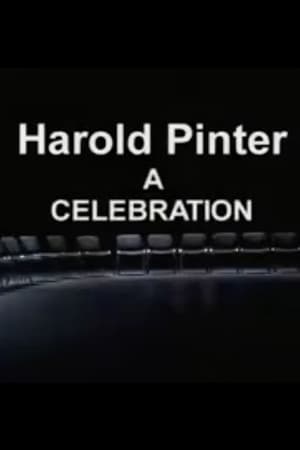 0.0
0.0Harold Pinter: A Celebration(en)
In June 2009, a group Britain's leading actors gathered for one night only to perform a celebration of the work of Harold Pinter at the National Theatre, directed by Ian Rickson. The team who made the acclaimed Harold Pinter documentaries for BBC's Arena was there to record this unique performance.
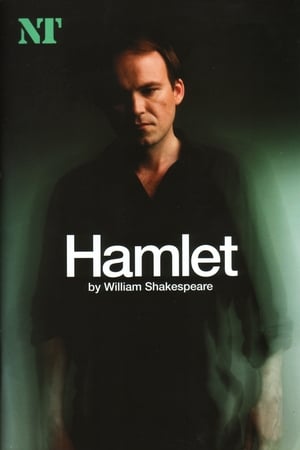 7.8
7.8National Theatre Live: Hamlet(en)
A 2010 broadcast of Hamlet returns to cinemas as part of the NT's 50th anniversary celebrations. Following his celebrated performances at the National Theatre in Burnt by the Sun, The Revenger's Tragedy, Philistines and The Man of Mode, Rory Kinnear plays Hamlet in a dynamic new production of Shakespeare’s complex and profound play about the human condition, directed by Nicholas Hytner. He is joined by Clare Higgins (Gertrude), Patrick Malahide (Claudius), David Calder (Polonius), James Laurenson (Ghost/Player King) and Ruth Negga (Ophelia).
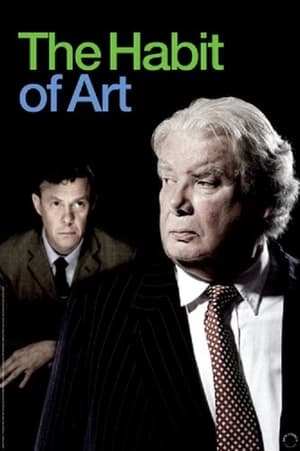 8.0
8.0National Theatre Live: The Habit of Art(en)
National Theatre Live’s 2010 broadcast of Alan Bennett’s acclaimed play The Habit of Art, with Richard Griffiths, Alex Jennings and Frances de la Tour, returns to cinemas as part of the National Theatre's 50th anniversary celebrations. Benjamin Britten, sailing uncomfortably close to the wind with his new opera, Death in Venice, seeks advice from his former collaborator and friend, W H Auden. During this imagined meeting, their first for twenty-five years, they are observed and interrupted by, amongst others, their future biographer and a young man from the local bus station. Alan Bennett’s play is as much about the theatre as it is about poetry or music. It looks at the unsettling desires of two difficult men, and at the ethics of biography. It reflects on growing old, on creativity and inspiration, and on persisting when all passion’s spent: ultimately, on the habit of art.
